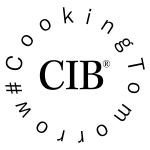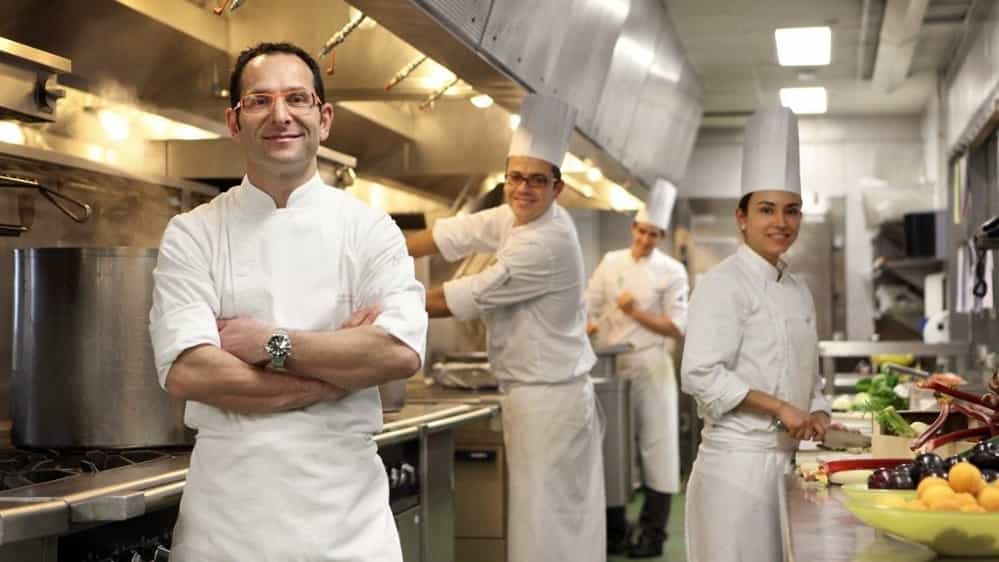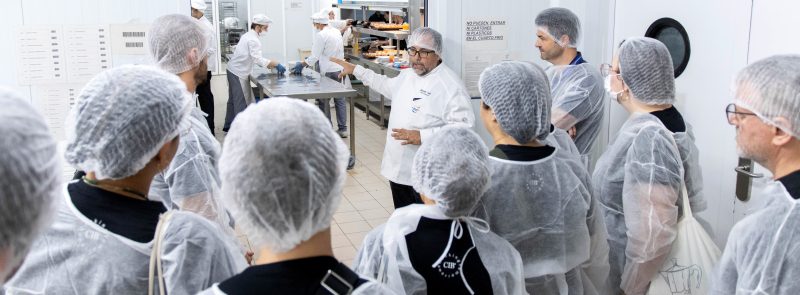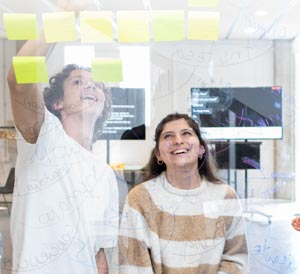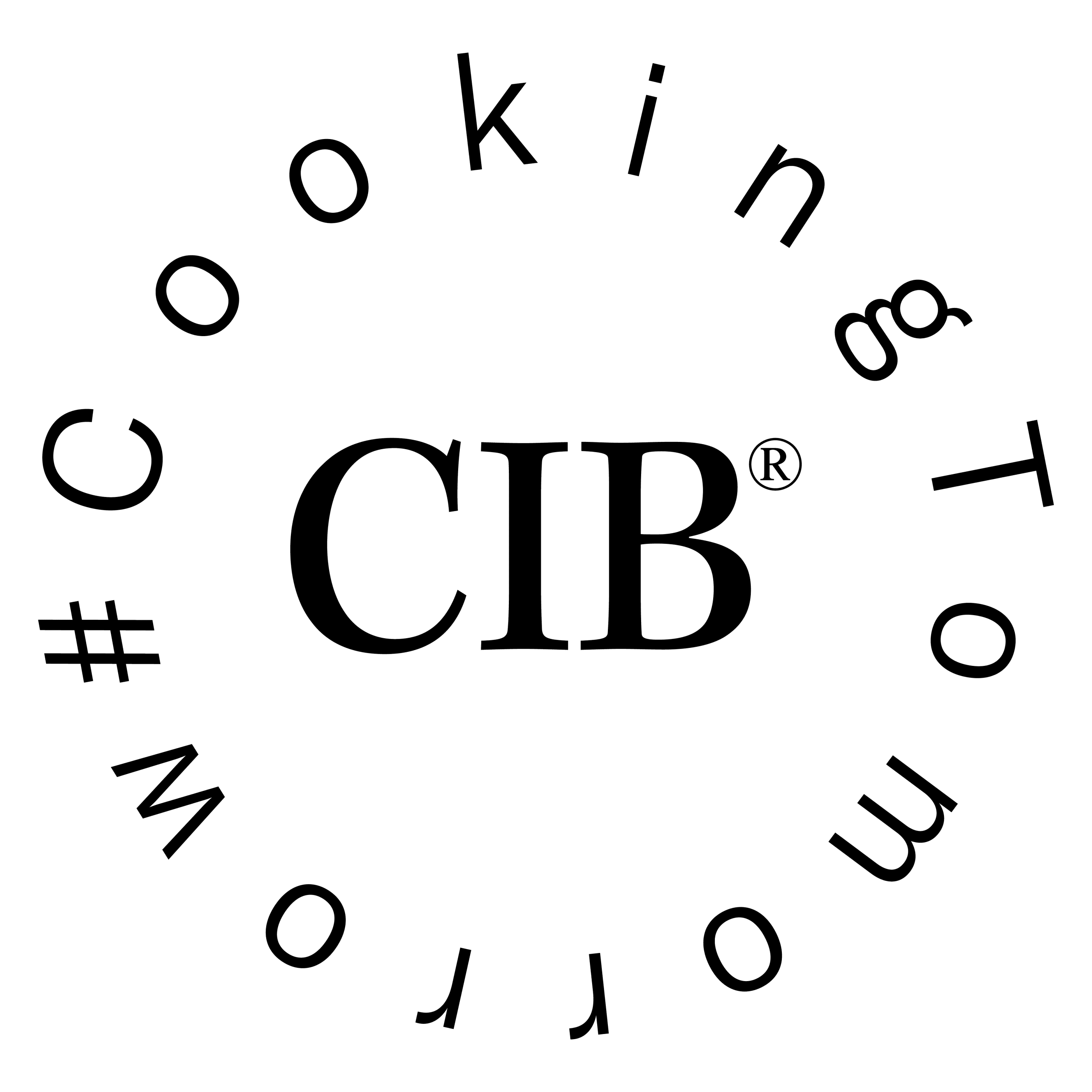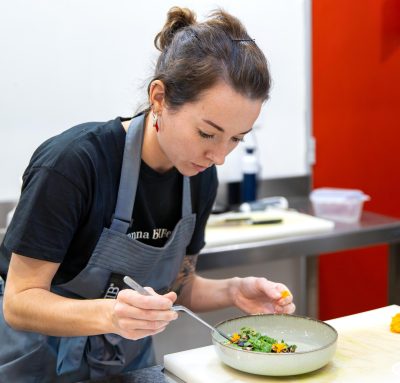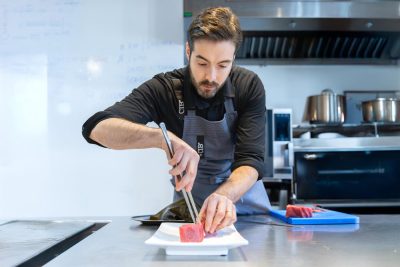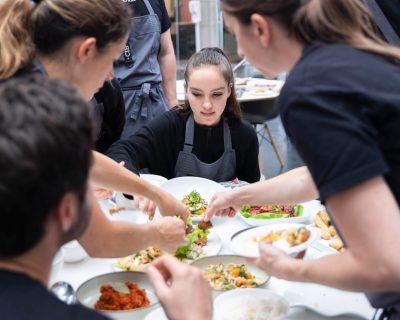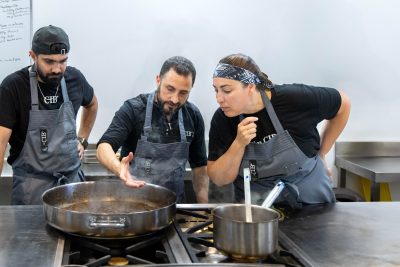Nowadays, any chef who has responsibilities in a kitchen tends to be called an executive chef. The role, the functions, and especially the skills that should characterize an executive chef are very precise and demanding. The term has become discredited over time, and there are growing doubts about its definition. Roberto Holz, Executive Chef of the Hotel Sofía and Director of the Executive Chef Diploma at the Culinary Institute of Barcelona, helps us understand it while defining the elements that make him hold this position.
What is an Executive Chef?
An executive chef, also known as a head chef or chef de cuisine, is the person in charge of all activities related to the kitchen, which usually includes menu creation, management of kitchen staff, ordering and purchasing of inventory, and even plating design for specific dishes. The executive chef is responsible for the overall operation of the kitchen, ensuring the quality of the food, and making sure it is prepared safely, tastily, and presented aesthetically.
The Executive Chef is part of the Executive Committee that is running a hotel day by day and that must look to the future. In the first position is the Hotel Director, depending on the size of the hotel there may also be the figure of the Hotel Manager, and then the Executive Chef.
There are companies like the Four Seasons, in which the Executive Chef has a higher position than the Director of F&B. At Ritz Carlton, for example, it has changed. They place both positions at the same level, since they are two totally different roles.
Roberto defines the chef as “The back of the House”, and the Director of F&B as “Front of the House”. The executive chef dominates everything that happens inside the kitchen, and the Director takes control of everything that happens outside. However, chefs are increasingly connected to what happens in the room, due to the trend towards live cooking.
He states that stewarding, the entire cleaning part, sometimes depends on the Director of F&B and on other occasions on the Executive Chef according to the hotel management. Roberto personally likes that they are on his team, as they can improve cleaning issues and collaborate with them.
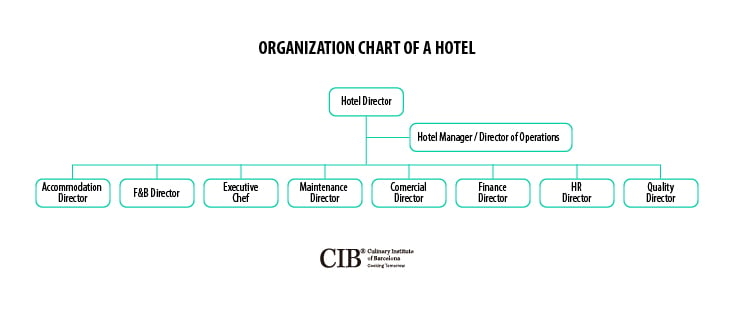
Skills that an Executive Chef should have
The skills that an executive chef must have according to the role that Roberto Holz fulfills in the Hotel Sofía, and that can be translated to any other hotel or restaurant, are divided into Hard Skills and Soft Skill. Hard skills refer to technical skills or theoretical knowledge that they must understand and know how to use in the day-to-day business. Soft Skills, on the other hand, are all those that are related to the attitude with which they face daily situations, and that are closely linked to emotional intelligence. Roberto defines them for us as follows:
Hard Skills
- Technique: Have the technical skills necessary for the job.
- Profitability: Orient the daily work to the economic profitability of the hotel. Many hotels open restaurants but they are not profitable.
- Quality: Work following the quality standards of the company. Quality is an investment, because having well-structured processes, there is always a return on investment. At the Ritz Carlton, the Director of Quality is also on the Executive Committee.
- People: Favor a good work environment, promoting teamwork at all times. You have to know how to develop people.
Soft Skills
- Customer orientation: Having the ability to know, understand and anticipate the needs of both internal and external customers. For example, when a client presents his ideas to us for a catering or a wedding, we must have the ability to align his wishes with his own proposals, generating new products and offers.
- Initiative / Continuous improvement: Having the ability to identify and contribute improvements to established processes and procedures.
- Collaboration: Have an attitude of collaboration with the different departments, to achieve common objectives.
- Results-oriented: Be clear about the objectives and strategy of the department and guide the daily work towards achieving them.
- Transversality: Ability to adapt to face changes and work effectively in different situations.
- Emotional Intelligence: Show empathy with collaborators and be aware of how your own emotions impact your relationship with others.

The Role of the Executive Chef: What does an executive chef do?
Roberto considers that the role of an Executive Chef is one: that of converting raw materials into experiences. To achieve this, it is necessary to meet the following characteristics that are directly related to the role:
- Know How: Have a good base of practice in cooking, organization, processes, international cuisine, and know about each discipline (pastry for example).
- Being good managers: Knowing how to control times, people, and the business.
- Coach: Get the most out of employee talent.
- Leadership: Guide and motivate the team to fulfill the company’s objectives.
- Finance: Control the financial aspects of the business to achieve the maximum return on investment.
- Food cost / Suppliers / Prices and products: Know how to build scandals, make purchases, compare prices, have knowledge of products and their season, etc.
- Creative: Learn about gastronomy and its trends to identify what the customer is looking for.
- Social media: Have a good communication strategy to attract new customers.HACCP (Hazard Analysis and Critical Control Points): Identify all potential hazards in ingredients and the different food production processes to prevent possible risks of contamination and thus guarantee food safety.
“It is up to us that the client says ‘Wow, this is good.’ You have to know how to deliver dishes on time, with the right quality, at the right price, and delivering them with a good attitude. The first responsibility is to serve the customer. ” – Roberto Holz

Duties and Responsibilities of an Executive Chef
The day-to-day roles and responsibilities of an Executive Chef go beyond the kitchen. According to Roberto Holz, we can group them as follows:
- Transmit the hotel’s vision and mission to employees, involving them to generate initiatives.
- Establish and achieve objectives, allowing each member of the team to participate, since each one is responsible for their position.
- Pleasing owners and guests from a gastronomic and customer service point of view.
- Employee satisfaction, since they are the main asset of the business and they need to be well to do their job in the best way possible.
- Development of future leaders supporting them in their growth:
“One of the most important objectives I have in the company is to train future leaders to acquire the philosophy, to have the knowledge. As Hotel Sofía is a chain, we must create leaders for future hotels that have the necessary commitment. At Ritz Carlton I started in 1999 and there were 33 hotels, 10 years later there were almost 90. To achieve this you have to train people and send them to different hotels, and that way they all grow. ” – Roberto Holz
- Innovation & Quality: Roberto involves all departments, and challenges them to develop new offers for each one, from main dishes, starters, cakes, plates, amenities, etc.
- Involvement with the community: In the case of the Hotel Sofía in Barcelona, for example, they make solidarity tapas. Every Friday they cook for more than 500 people.
- CAPEX: quality investments that create profits.
“This is part of my responsibility. A Hotel normally reserves an annual capital to invest again in its facilities. My role is to defend my work area in the hotel, and to try as much as possible to buy machinery, make reforms, and invest in my facilities. There are different departments and divisions, each one of them struggling to get the maximum budget for their areas. I create a Business Plan for each renovation that I want to do in the kitchen and I defend it to receive more investment. ” – Roberto Holz
